Thank You for 12 Incredible Years!
Dear Rosenman Community,
After 12 incredible years, the UCSF Rosenman Institute is sunsetting.
What began as a small idea—a belief that healthcare innovation could be more connected, more human, and more impactful—has grown into a thriving community of entrepreneurs, clinicians, investors, and changemakers. Together, we’ve supported more than 200 startups, raised billions in funding, achieved dozens of FDA approvals, and touched millions of lives.
The true legacy of Rosenman, however, lives in the people. It lives in the founders who turned bold ideas into real solutions. In the mentors, partners, and faculty who shared their expertise so generously. In the clinicians and students who discovered new ways to innovate and collaborate.
While this marks the close of a chapter, the work—and the spirit—that we built together will continue to ripple outward. The impact of this community will endure in every patient helped, every partnership formed, and every breakthrough yet to come.
From all of us at the UCSF Rosenman Institute: thank you! Thank you for your belief, your generosity, and your commitment to making healthcare better for all.
With deep gratitude,
The Rosenman Team

